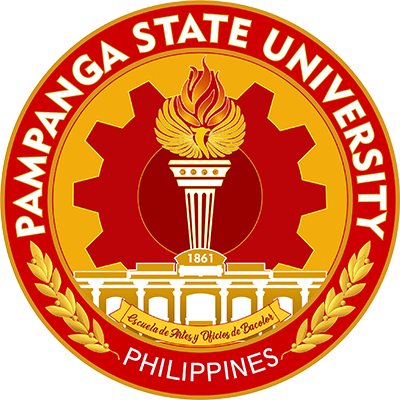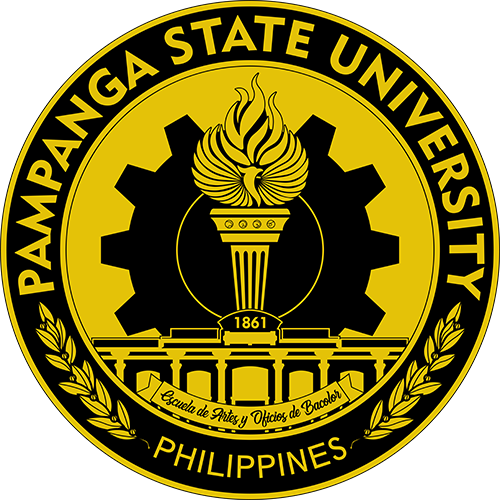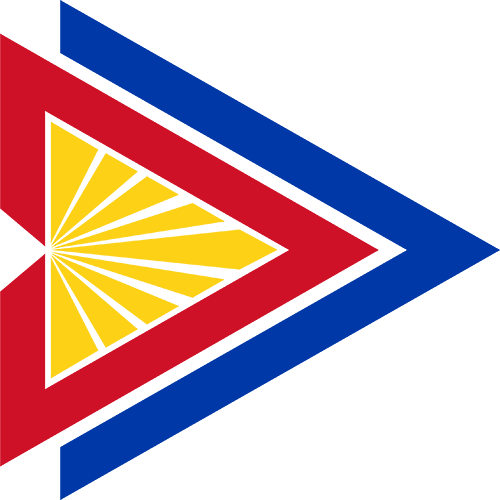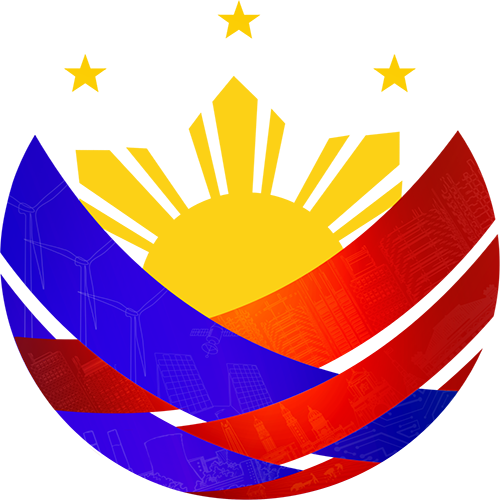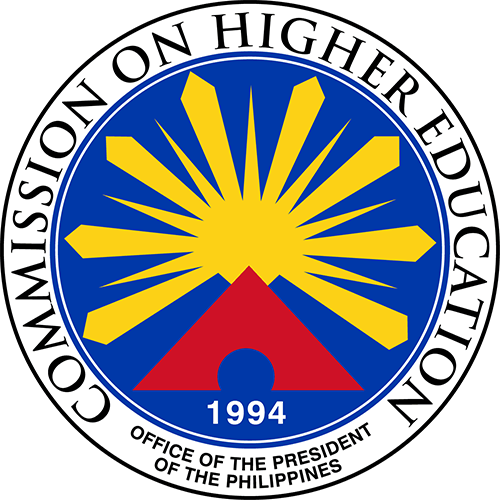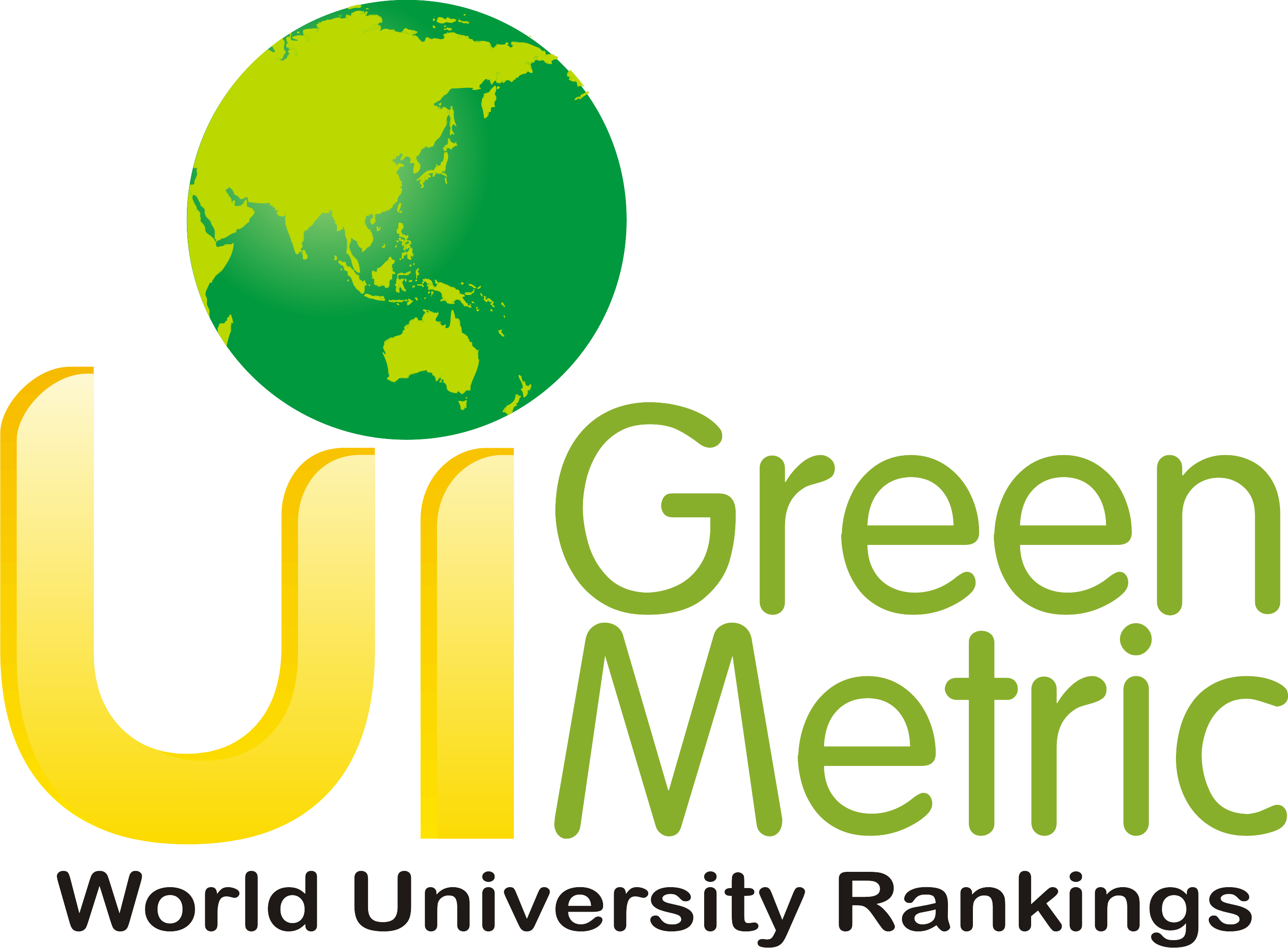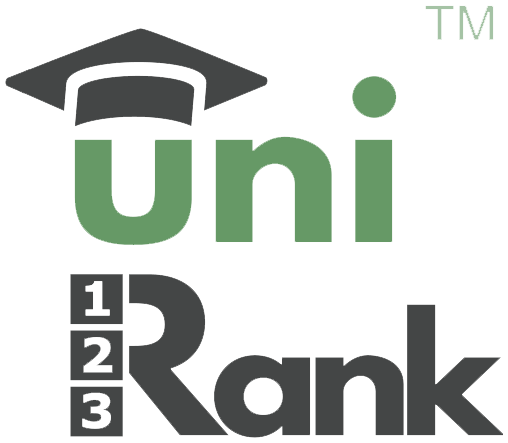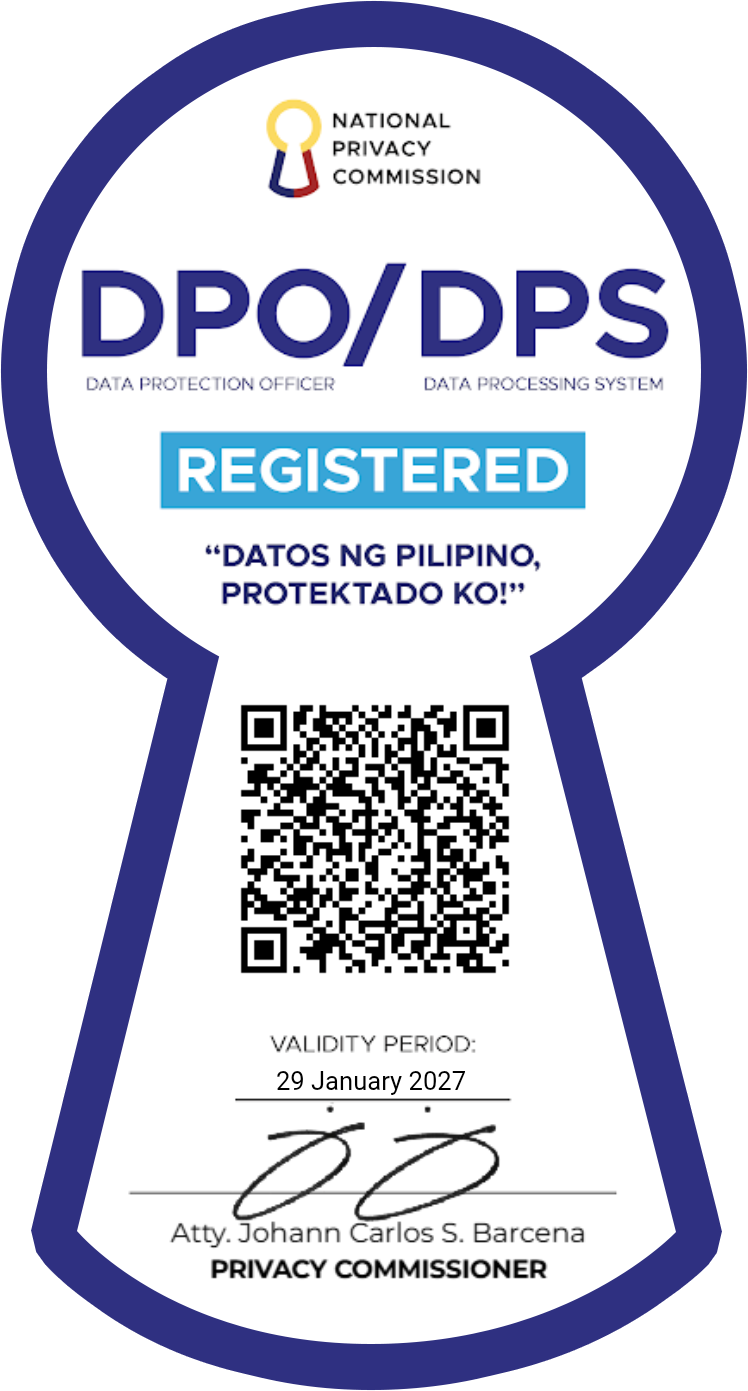
MISSION
The mission of the College of Education is to provide quality and effective instruction, personal and professional training and advancement, research and extension services to its clientele to ensure functional undergraduate teacher education.
GOALS
The College of Education is committed to its task of producing highly competitive and empowered graduates who can assume the following roles:
- A dynamic and efficient conveyor of organized and systematic knowledge giving focus on the changes confronting education;
- An effective promoter and facilitator of learning that will enable the learners to develop to the fullest their potentials, thus transforming the graduates to become holistically developed;
- A true source of inspiration who possesses a clear understanding and appreciation of the human ideals and values that elevate the human spirit and contribute to man’s sense of satisfaction and fulfillment.
OBJECTIVES OF THE BACHELOR OF ELEMENTARY EDUCATION PROGRAM
- To provide basic and major trainings in General Education and Preschool Education;
- To provide relevant knowledge and training to students on basic and higher level of literacy, develop in them creative and critical thinking and other skills needed for advanced learning;
- To enhance the acquisition of values, attitudes, and skills in the application of principles and methods in teaching needed for effective and improved instruction;
- To provide an avenue for the development of the students’ total personality that corresponds to personal and professional work; and
- To instill moral values and good work habits.
OBJECTIVES OF THE BACHELOR OF SECONDARY EDUCATION PROGRAM
- To provide students with useful and relevant knowledge of the concepts, principles and practices of Bachelor of Secondary Education program to cope with the current trends and issues in education;
- To enhance the skills and talents of students especially in the field of technology by supplementing their acquired theoretical know how with actual application making the learning process holistic in approach;
- To cultivate inquisitiveness among the students in their respective areas of specialization so that they may become effective knowledge imparter to their future students;
- To instill moral and spiritual values and proper work habits.
- Conduct extension activities as results of the findings and recommendation from research studies.
OBJECTIVES OF THE BACHELOR OF PHYSICAL EDUCATION PROGRAM
- Provide the students with strong and useful foundation of knowledge, concepts, practices and skills in Physical Education in order to cope with the current trends and issues concerning physical education, sports and wellness.
- Develops skills and talents of every student aligning it to their field of interests and abilities
- Exposes the students in real-life learning so as to firmly apply the real essence of theoretical learning in the academe
- Aids in pedagogical innovations necessary for human movement education, physical literacy and holistic development through carefully planned program of activities
- Demonstrates physical skills, leadership and managerial capabilities in all activities and programs for both normal and differently-abled individuals
- Produces strong workforce of physical educators, sport pedagogues, sports officiating officials and coaches, choreographers, chairpersons and heads of physical education, sports and wellness programs imbued with the values of professionalism, excellence and good governance
